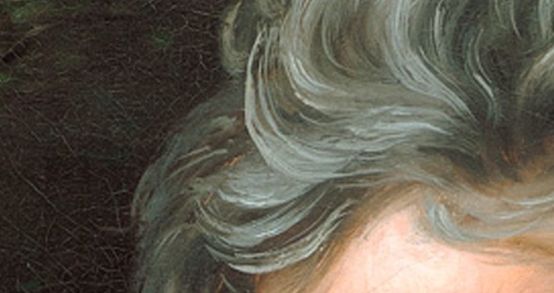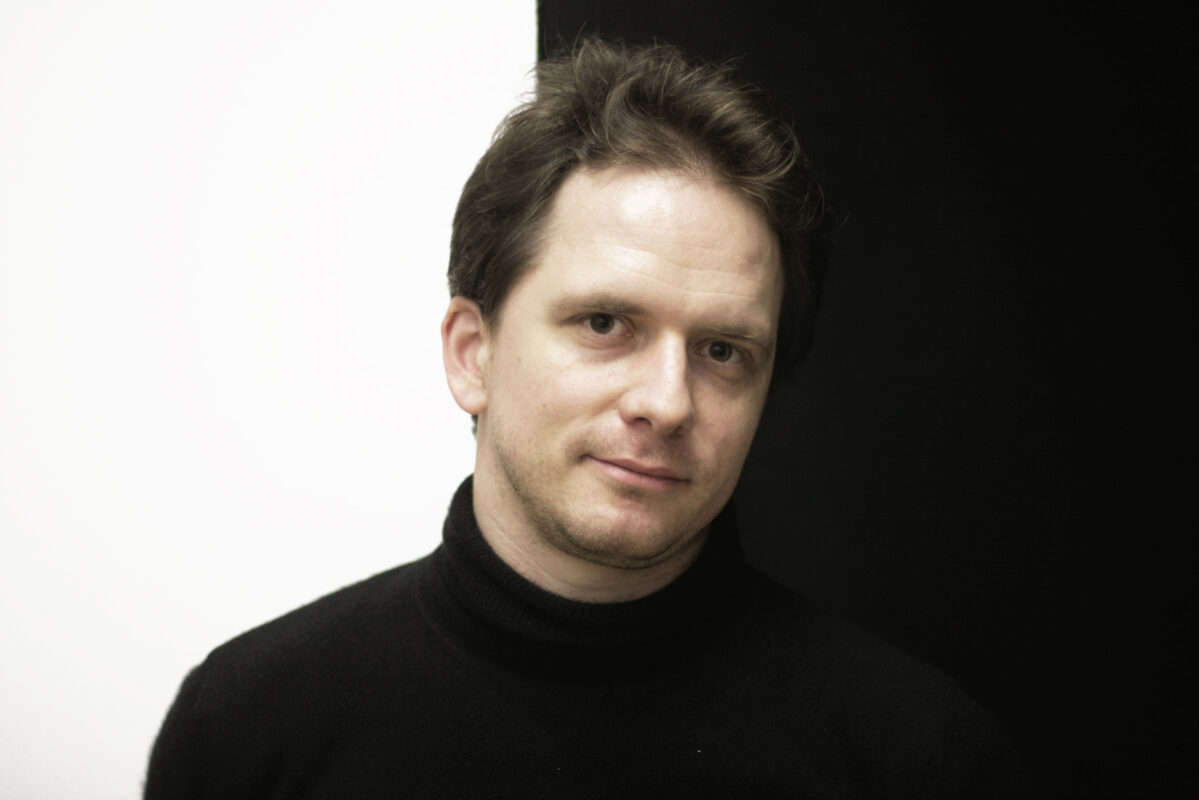Praise for the obese Schuppanzigh
Every Friday, Beethoven is here. To mark the 250th anniversary of Beethoven's birth, each week the Swiss Music Review takes a look at a different work from his catalog. Today, it's the Eloge de l'obèse Schuppanzigh for three soloists and chorus.

It's not always the great works of music history that speak of interpersonal relationships. Often, simple canons or musical aphorisms written on the spur of the moment give the best insight into a composer's environment and daily life, even if they are considered crumbs of his work. Such is the case with Beethoven. Sometimes these are family jokes ("the fat girl and her kid have triumphed", a three-part canon about the sister-in-law and her daughter, WoO 226), or the question of where to dine: "Gentlemen, where will you dine today, at the ox, the swan, the three hooks or even the fishbowl" (WoO 221, 1st version of the text). Johann Nepomuk Hummel's departure for Stuttgart is more serious ("Ars longa, vita brevis", WoO 170), and the appearance of Danish composer Friedrich Kuhlau in one of the conversation books has been subtly notified by a B-A-C-H motif ("Kühl, nicht lau", WoO 191).
Ignaz Schuppanzigh (1776-1830), who had premiered almost all of Beethoven's string quartets with his ensemble, twice received such short musical messages. And both times, the text notes the violinist's heavy build. In 1801, Beethoven, who had given him the nickname "Milord Falstaff", called him a "scoundrel", a "fat pig's belly" and a "pompous donkey's head" in a friendly, mocking joke. The sound is a little sweeter when Schuppanzigh returns from St. Petersburg in April 1823, and is greeted by the canon "Falstafferl, lass' dich sehen" WoO 184 (where rapidly repeated and linked notes imitate the violin). Although Beethoven was repeatedly inspired by Schuppanzigh and his quartet comrades, and was apparently able to try out preliminary versions in private with them, the artistic friendship had to endure a few pitfalls - not least the notoriously unsuccessful premiere of the String Quartet in E flat major op. 127. But what made Schuppanzigh so special musically was passed on to Beethoven by second violinist Karl Holz: "Milord played better today than ever. - No one can play passages like the recitative [from Op. 132] like he does. - He has what no one else can learn; but he hasn't learned anything else either."
Aufnahme auf idagio
Keeping in touch
A weekly newsletter reveals the latest column on line. You can subscribe by entering your e-mail address below, or by subscribing to our RSS feed.








